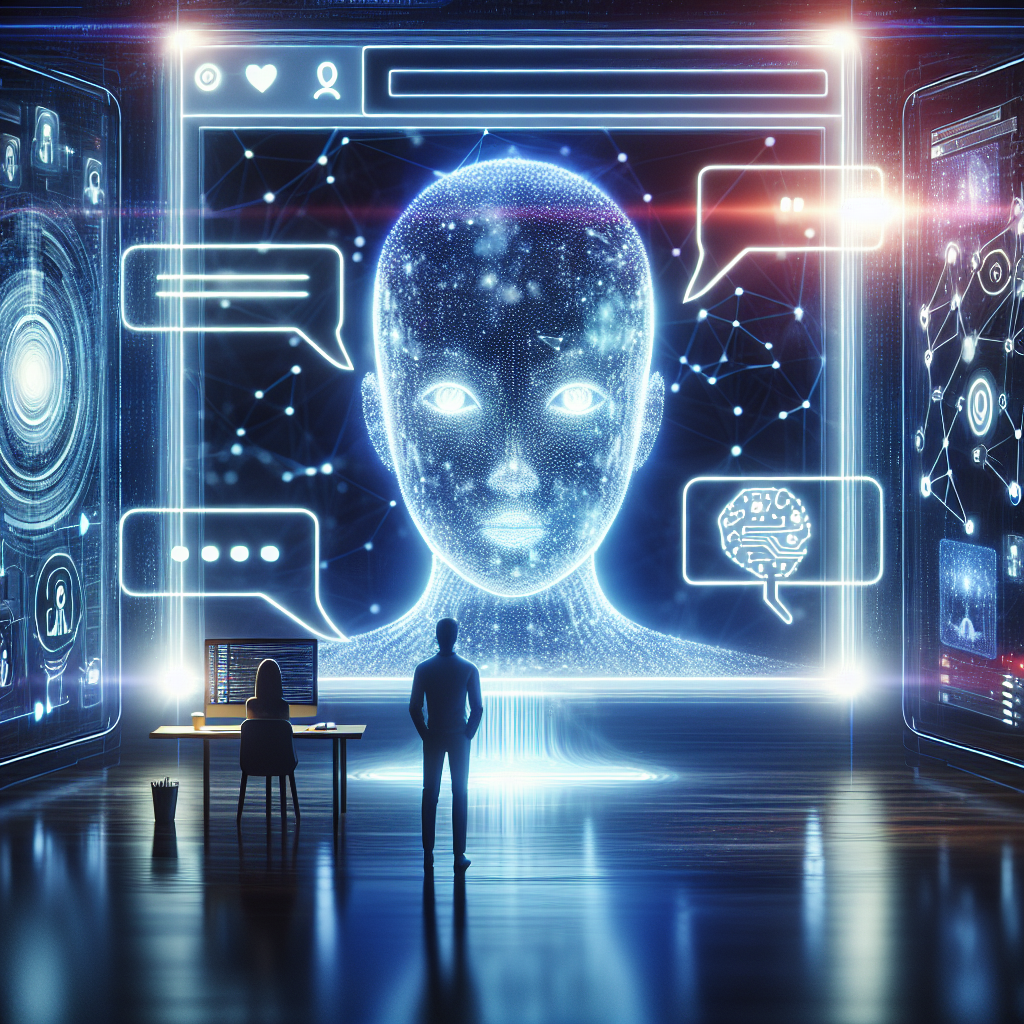Chatbot Healers: The Rise of AI in Mental Health Support
Pierre Cote struggled with mental health issues and, unable to find a therapist, created an AI tool, DrEllis.ai, to help himself and others. As AI-driven mental health platforms grow, experts explore their benefits and limitations, especially regarding emotional connection, privacy, and their role alongside human therapists.

Pierre Cote endured long waits on public health lists for a therapist to manage his PTSD and depression. His solution? Create his own AI therapist, DrEllis.ai, which provides 24/7 support for addiction and mental health issues. "It saved my life," Cote asserts about the AI tool's impact on him.
DrEllis.ai, developed using public large language models, carries a fictional but personal backstory akin to a human therapist. It mirrors a professional psychiatrist, and Cote's reliance on it underscores a shift toward AI for therapeutic support amid traditional mental health systems' strain. This change reflects a cultural transition to AI-driven emotional assistance.
Experts like Anson Whitmer praise AI's potential but emphasize the irreplaceable human connection in therapy. Concerns include AI's lack of emotional depth, privacy risks, and potential manipulation of user data. As AI's use in therapy increases, experts argue that AI should complement, not replace, traditional therapy, while safeguarding vulnerable communities from unregulated AI products.
(With inputs from agencies.)










